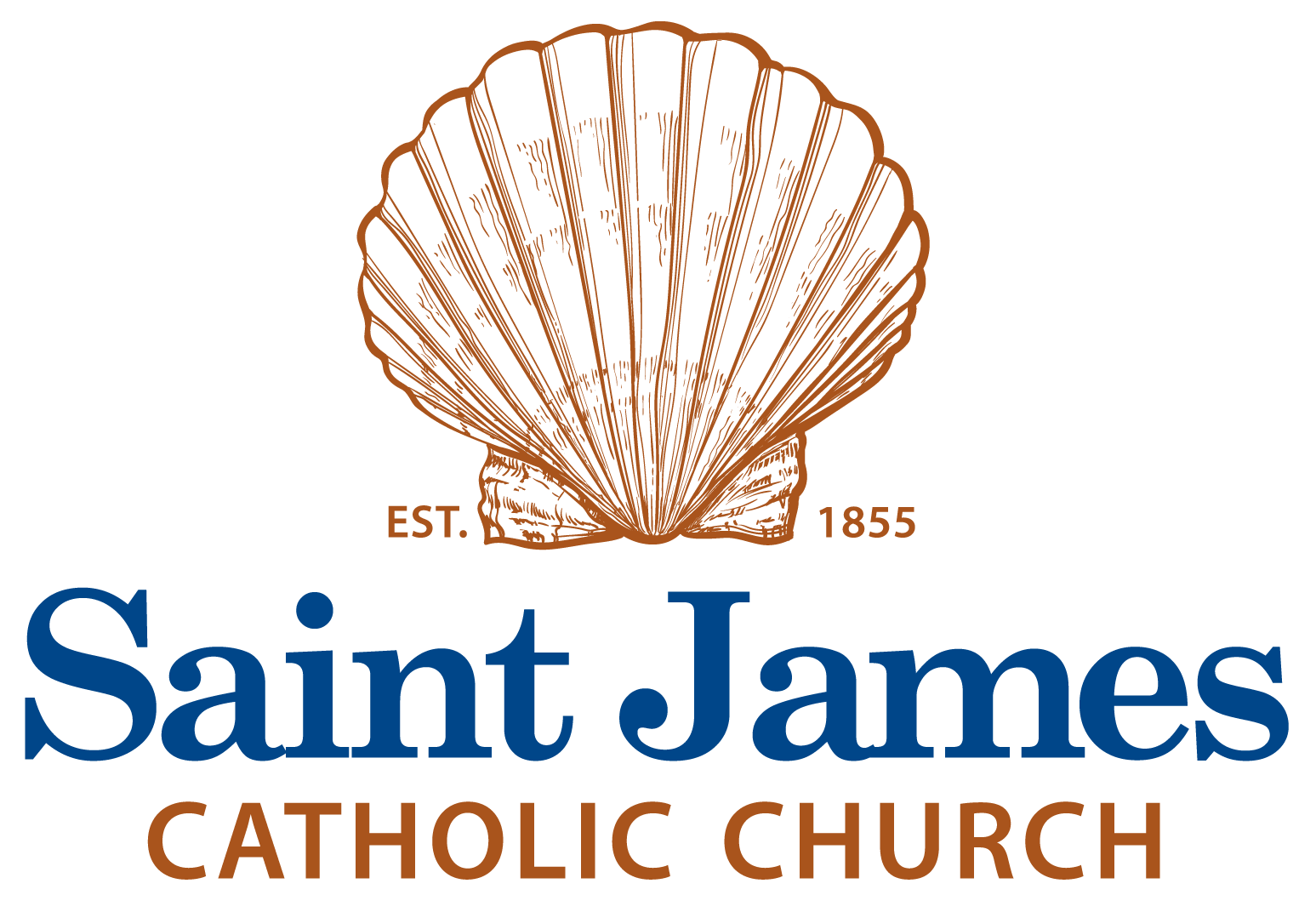Back in the day, when I was young and carefree, I served as the youth minister in the parish. We had one group activity which was a variant of the game “twenty questions.” As we practiced it the twenty questions were a repetition of one question: Who are you? The answers usually started off with relationships. “I’m a daughter. I’m a sister. I’m a cousin.” As we kept pressing “who are you?” the answers would then turn to activities. “I’m a student. I’m a cook. I’m a swimmer.” The answers to the last “who are you?” questions would usually be more abstract. “I’m an optimist. I’m a dreamer. I’m athletic.” The initial answers really addressed the “who” question – questions of identity. The later answers were really addressing not who but “what,” what do you do, what are you about. The priests and Levites were playing their own version of twenty questions with John the Baptist. Who are you? What are you? John answers by using his “what” to define his “who.” “I am the voice of one crying out in the desert, ‘make straight the way of the Lord.’” What he did said who he was. That’s not all that unusual. I met a farmer who didn’t look on farming as something that he did, but as part of his very essence. I know a doctor who can’t imagine doing anything other than doctoring. It’s woven into her being. Growing food, healing the sick were not jobs for them but who they were. Or think of a mother. Mothering might be what she does but it determines her identity as well. The distinction we make between who we are and what we do was not that clear-cut with John the Baptist nor is it with us.
This is relevant particularly when our response to one of the questions is “I am a Christian.” Perhaps we already answered to previous questions: I am a child of God. I am beloved of the Father. I am part of the divine family. Who we are, our identity before God, is clear. On the other hand, is being a Christian who we are or what we do? Maybe like John the Baptist we cannot make any sharp delineation. We do what we do because we are Christian. Our doing flows from our being. In particular, what we do as Christians is the same thing that John the Baptist did – proclaim the presence of Christ in the world. Let’s see how his self-description taken from the prophet Isaiah is one that we can adopt for ourselves.
“I am the voice.” We have four gospels, we have an entire New Testament telling what Jesus said. We can read all about it. It remains just words on a page unless it has a voice, unless the word is spoken. For most of us this does not mean we have to go around talking about Jesus. We probably wouldn’t feel all that confident doing that anyway. But we do give voice to our faith in ways other than what we say. There is a saying attributed to St Francis which expresses this idea: “Preach the Gospel at all times. Use words if necessary.” If you think about the life of Jesus, he showed Gospel as much as he preached Gospel. Yes, we have the Sermon on the Mount but he also healed the sick and the suffering. He multiplied the loaves and fish to feed the hungry. He calmed the storms. He invited sinners to have supper with him. He would spend the night in prayer. He spent time talking with a foreign woman at the well. It was because he did things like this that people wanted to hear what he had to say. We give voice to our faith by talking about Jesus with others, yes, but also by living Jesus in the ways we interact with others.
John the Baptist also models what it means to be a Christian by telling us where we give voice to our faith: “crying out in the desert.” We don’t have many cacti, very few palm trees and no sand dunes to speak of here in Chicago. We aren’t a desert in the same way that Isaiah meant it. But we are a desert in many other ways. We are a city whose compassion has dried up for those who speak a different language or are of another race or are from a different country. We are a city of oases where I cling to my little island of safety and sorry about what’s going on over there. We are a city with food deserts and health care deserts and affordable housing deserts. The point is that the good news that we possess as Christians is meant particularly for those places which are barren of love. If we find ourselves only moving in our comfort zone we are probably missing an opportunity to find the presence of God in the briars and the brambles.
John the Baptist ended his self-description by saying that he was supposed to “make straight the way of the Lord.” How can we do that in our lives? A straight road is one you can’t get lost on. “Just keep driving straight until you get there” – simple. We find our way when we keep it simple. Some years ago, I was talking with the vicar for religious for New York who told me that Mother Teresa came to see him about sending her sisters to the archdiocese. He had a twenty-four page inventory all ready to make sure things were in order. Why would your sisters come to New York, the vicar asked. “To love God,” Mother answered. That answer needed to fill six pages. He leafed forward. And how do you intend to meet your mission goals and objects? Mother answered, by loving our neighbor. So much for the inventory. But that is the straight path for all of us. Love God and love neighbor. John the Baptist knew it. We know it. It’s the answer to all the questions.







